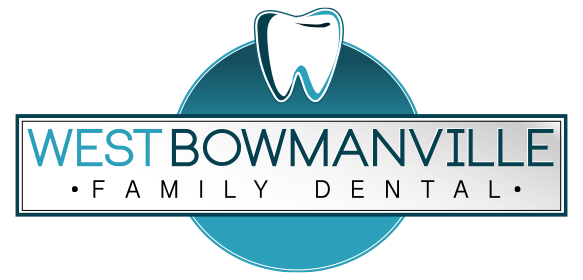Many people have chipped or broken teeth. Sometimes the reason for a chip in a tooth is obvious, such as biting down on particularly hard foods like popcorn or candy, but other times the damage is more gradual, and the initial signs are easy to miss. For example, you may notice that the tooth’s biting edge or incisal edge looks shorter than you remember or becomes thinner and sharper as if it is crumbling away.
When there isn’t any obvious cause for chipped teeth in Newcastle, it can be due to enamel weakness. Teeth are covered with enamel, protecting against tooth decay and preventing temperature changes or other sensations from reaching the tooth nerve in the centre. Tooth enamel is the hardest substance in the human body but isn’t impervious to damage.
Enamel Erosion
One reason teeth can start to chip is due to enamel erosion, which can often be diet-related. Acidic foods like citrus fruits and juice, and soda can erode and weaken tooth enamel directly. Enamel erosion can also occur if you eat a lot of sugary foods, as the sugars are utilized by bacteria in the mouth as an energy source and create acid as a byproduct. The situation can be worsened if you frequently snack on these foods as it increases the time your mouth remains acidic, increasing the damage to your tooth enamel.
Xerostomia
Also known as dry mouth in Clarington, xerostomia is an uncomfortable condition where you cannot produce enough saliva. Saliva is an important fluid that helps protect your oral health, allowing you to maintain a neutral pH more easily so that when you do eat anything acidic or sugary, pH levels are restored more quickly. Without enough saliva, your mouth feels dry, sticky and uncomfortable, and the drier conditions allow harmful bacteria to thrive.
Teeth Grinding and Clenching
Teeth grinding and clenching is also called bruxism in Courtice, and it can be a nocturnal habit that is very damaging to oral health. If you clench and grind your teeth during sleep, your teeth can quickly wear down. Potential signs that you have bruxism include waking up with an aching jaw and toothache, noticing your gums have begun to recede and that your teeth look shorter than before. Bruxism can cause facial pain, tinnitus and chronic morning headaches. The pressure created when you clench and grind your teeth can inflame your jaw joints, causing temporomandibular joint disorder.
Ageing
As we age, tooth enamel becomes thinner, and teeth start to wear down and chip and crack more easily. This is why teeth can start to look yellower when you get older because more of the natural tooth colour in the dentin shines through.
What to Do If You Have Chipped or Cracked Teeth?
If you have noticed your teeth have started to chip or break or have visible cracks, make an appointment to come and see us at West Bowmanville Family Dental. We can examine your teeth and gums and determine why this is happening and how best to treat the problem. If you have enamel erosion, we might suggest reviewing your diet as often some simple changes can make it more tooth-friendly. Xerostomia can be treated with artificial saliva substitutes. We can also suggest other ways to help your mouth feel moister and more comfortable such as sucking on ice chips or sucking on sugar-free candies, or chewing sugar-free gum. If you have bruxism, it can often be treated with a custom-made night splint, a thermoplastic night guard that prevents your teeth from contacting, protecting your dental health.

